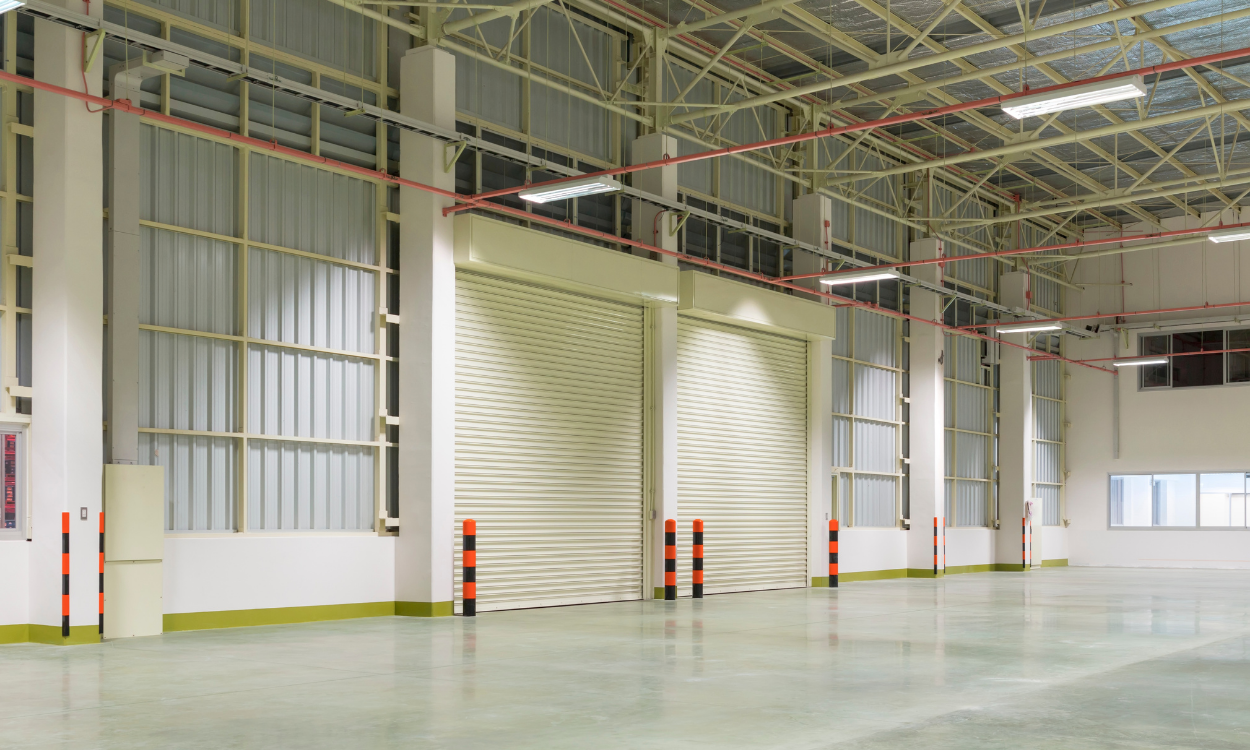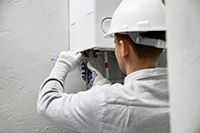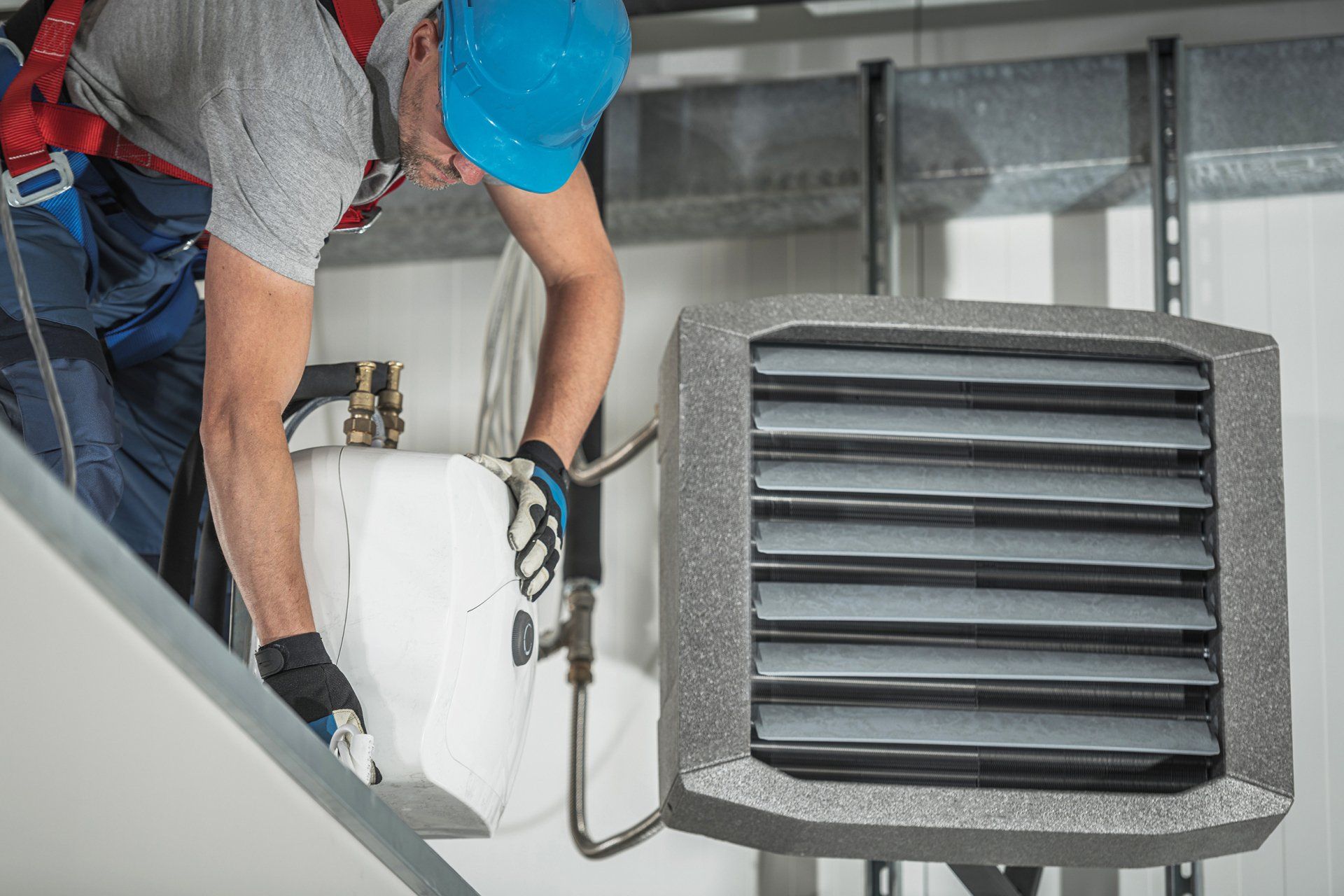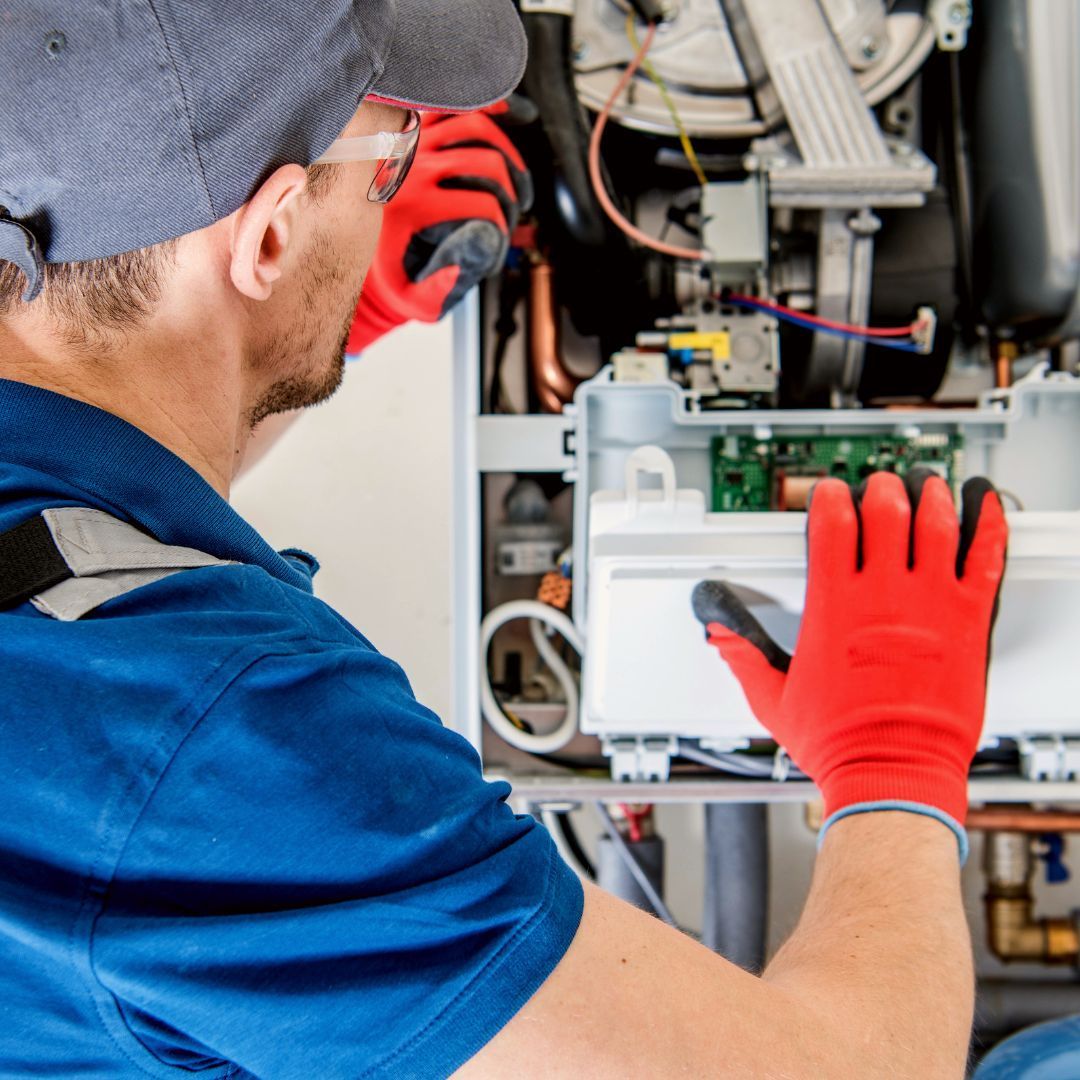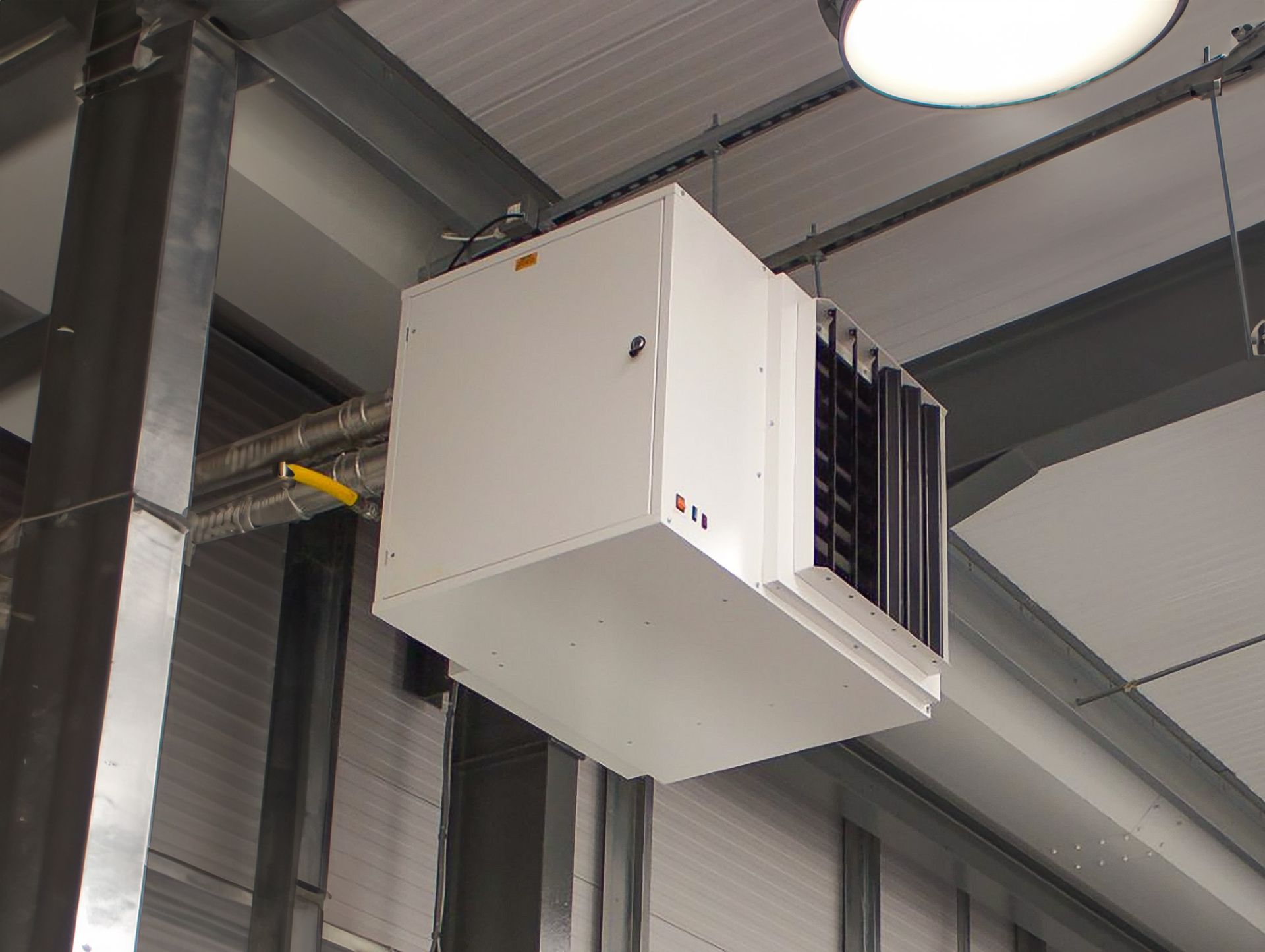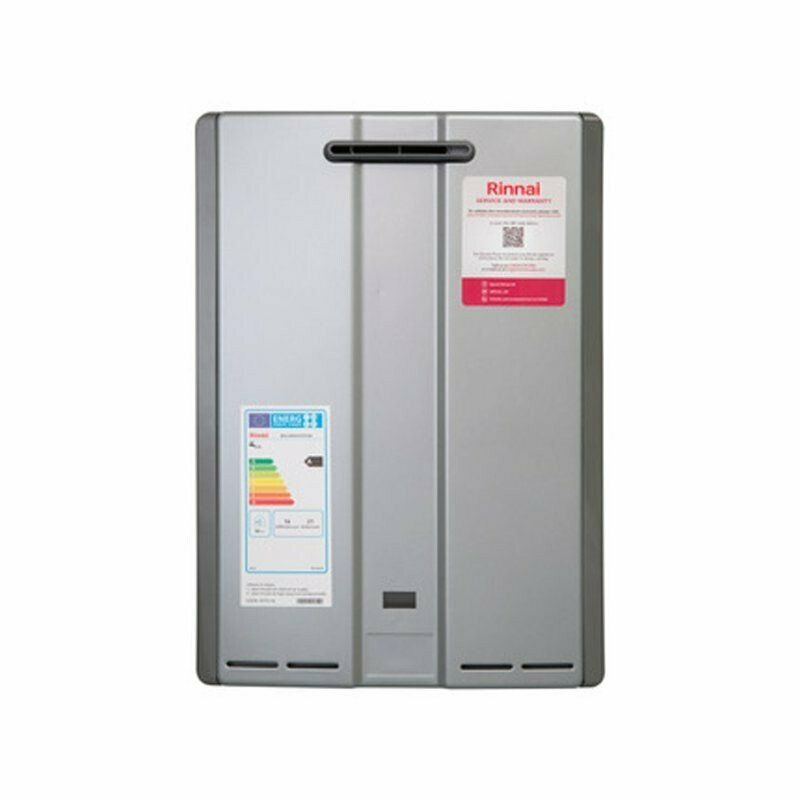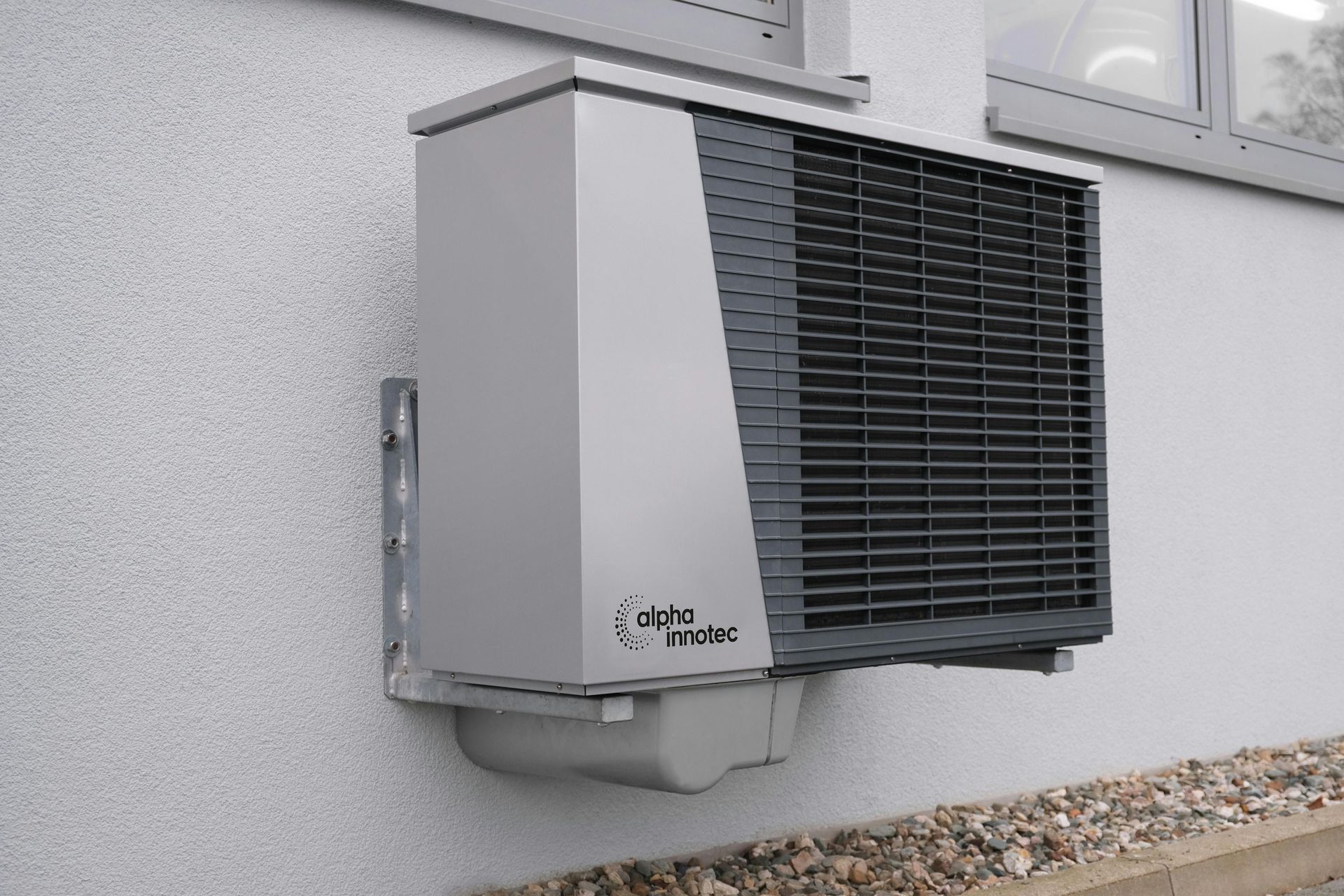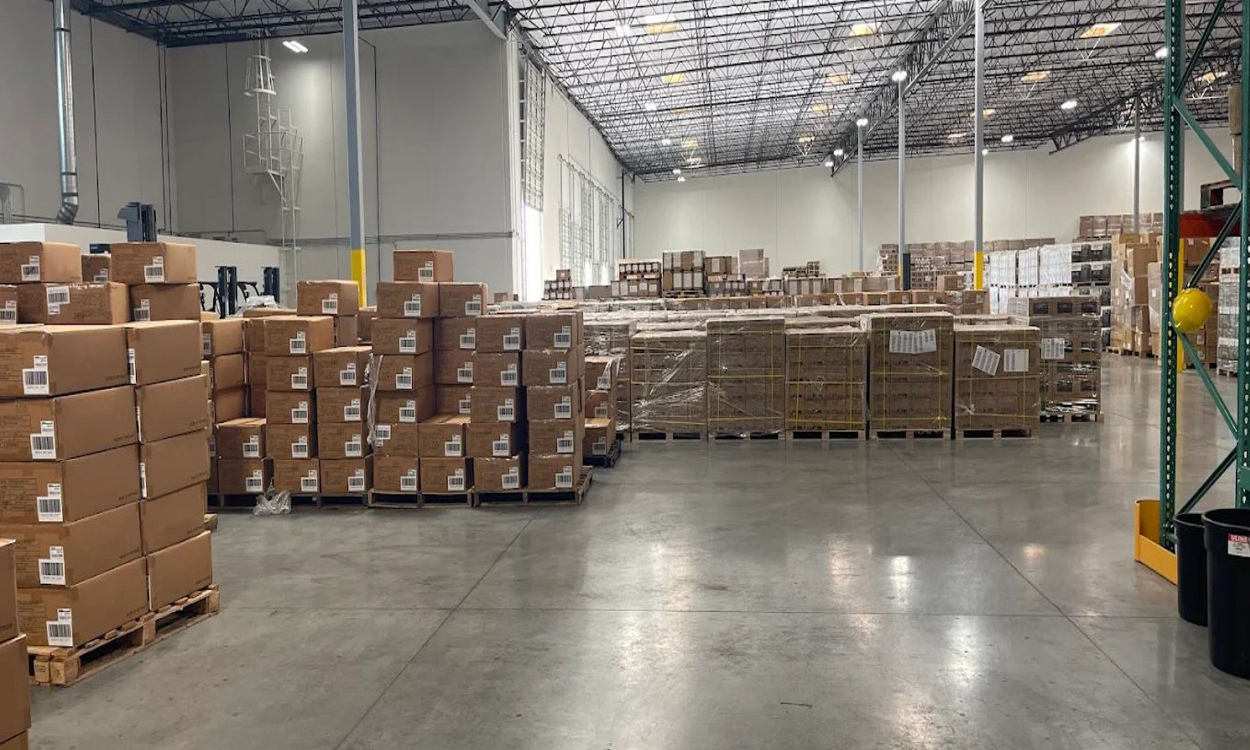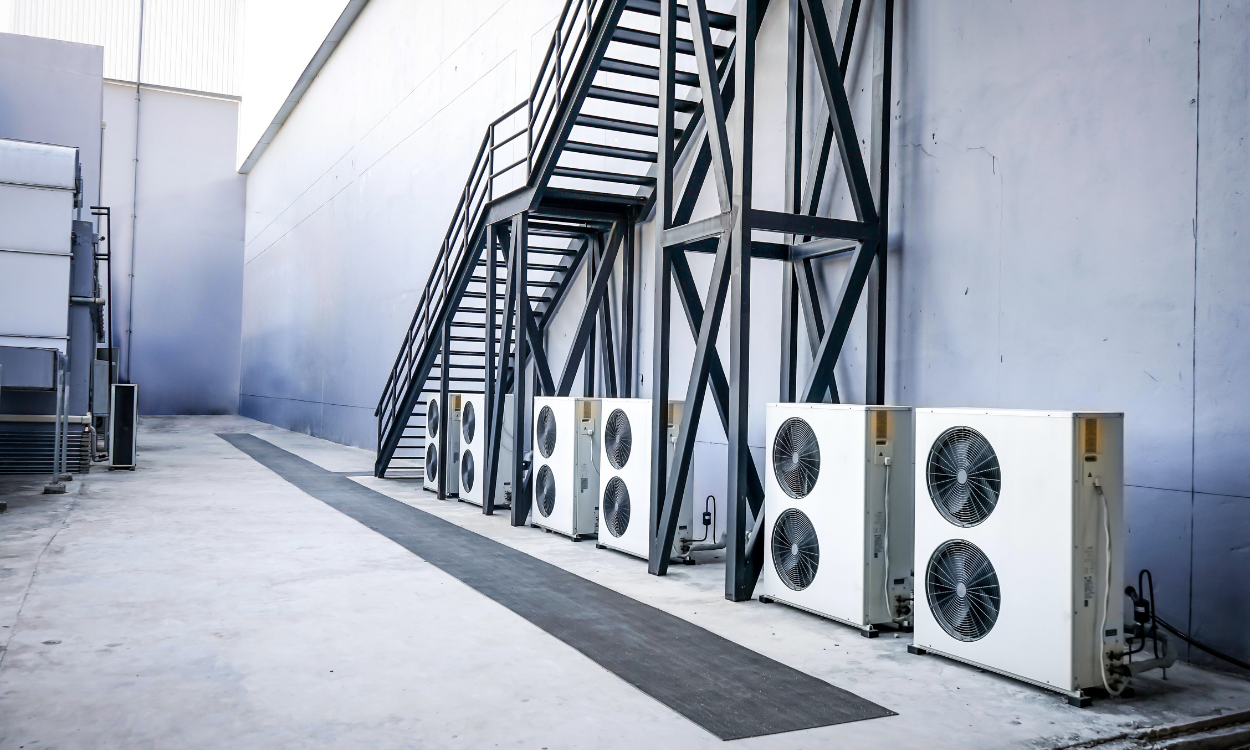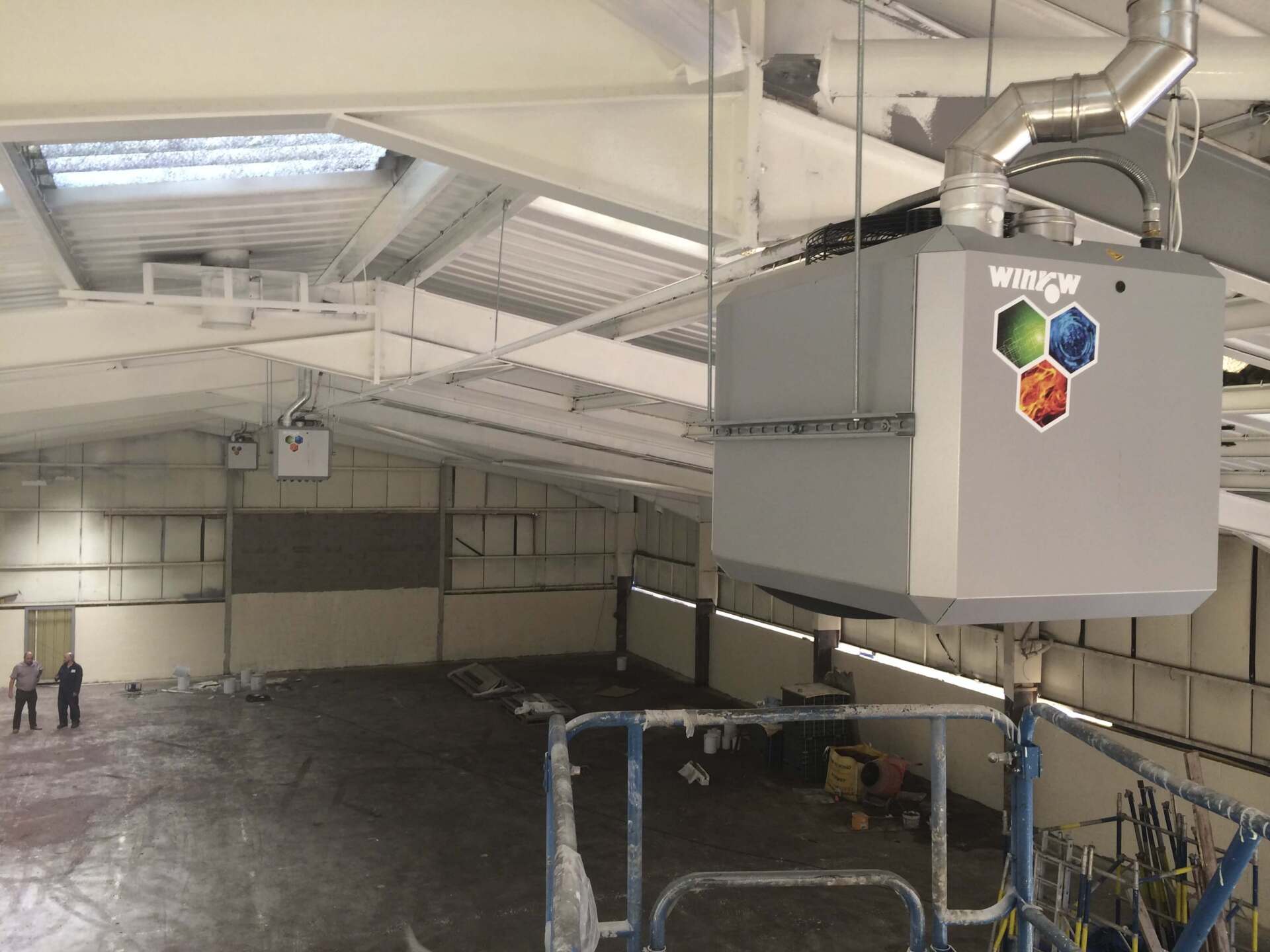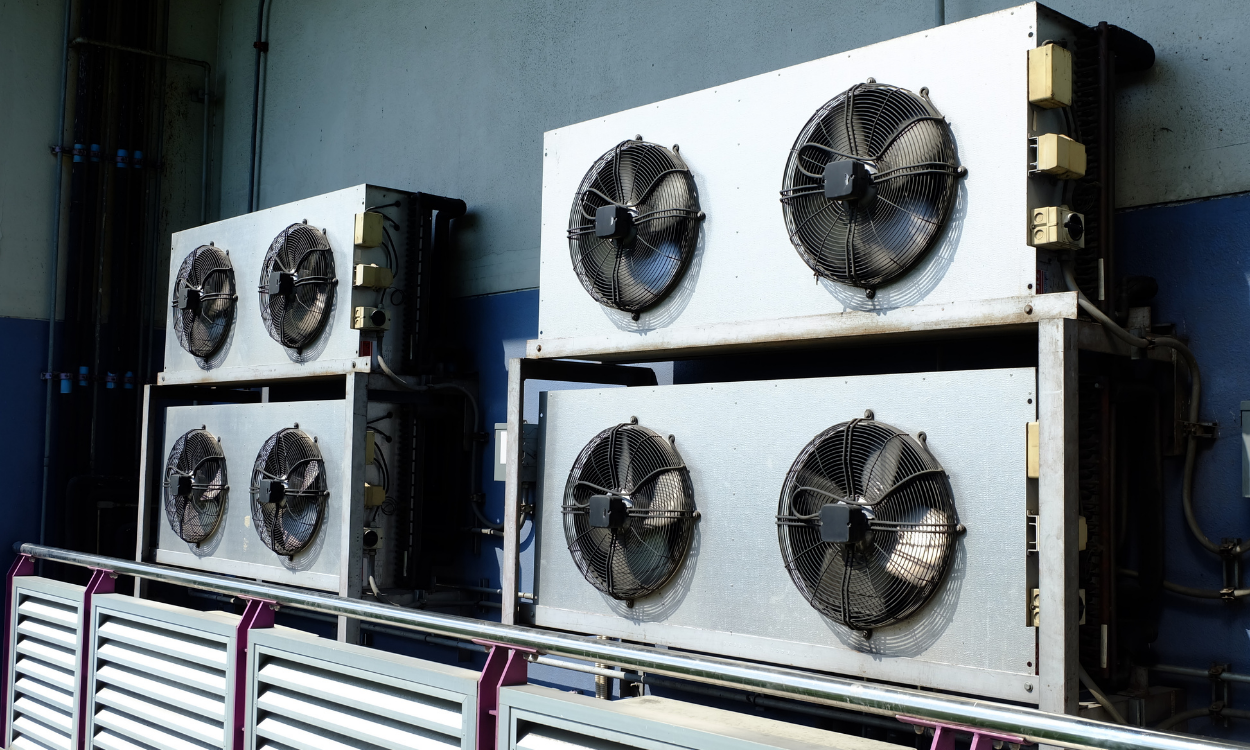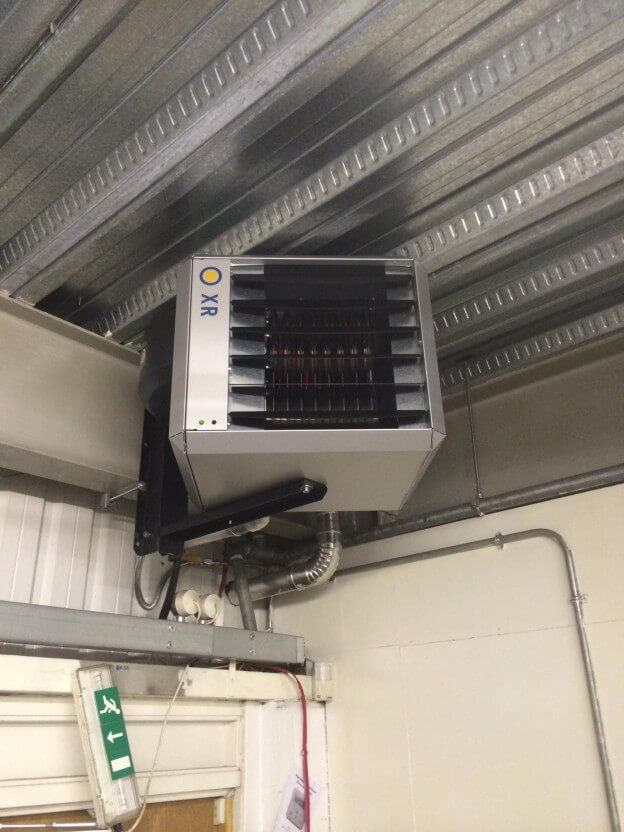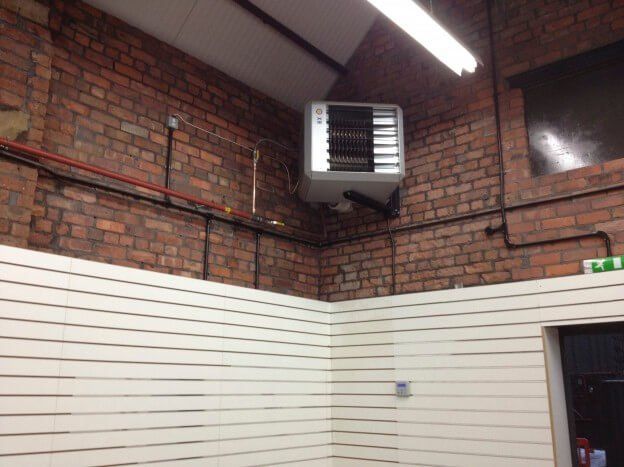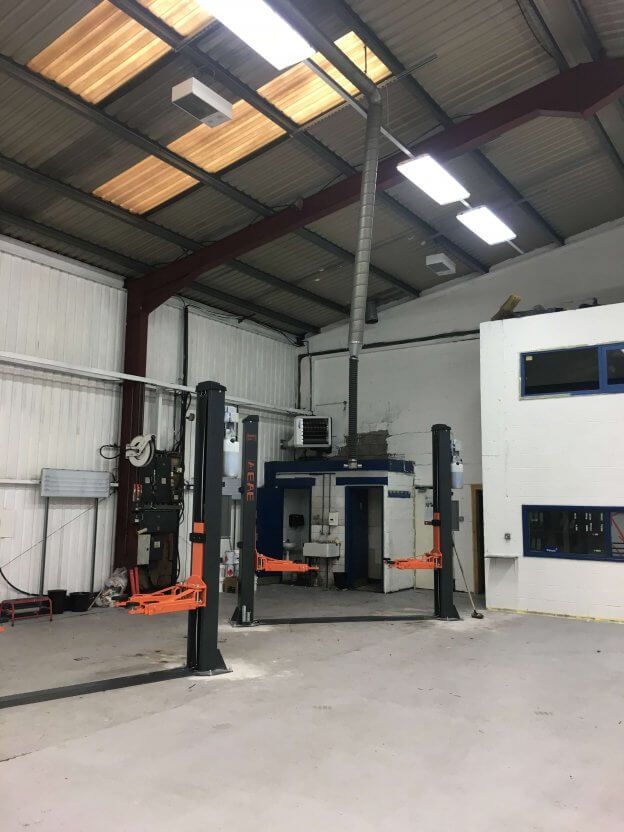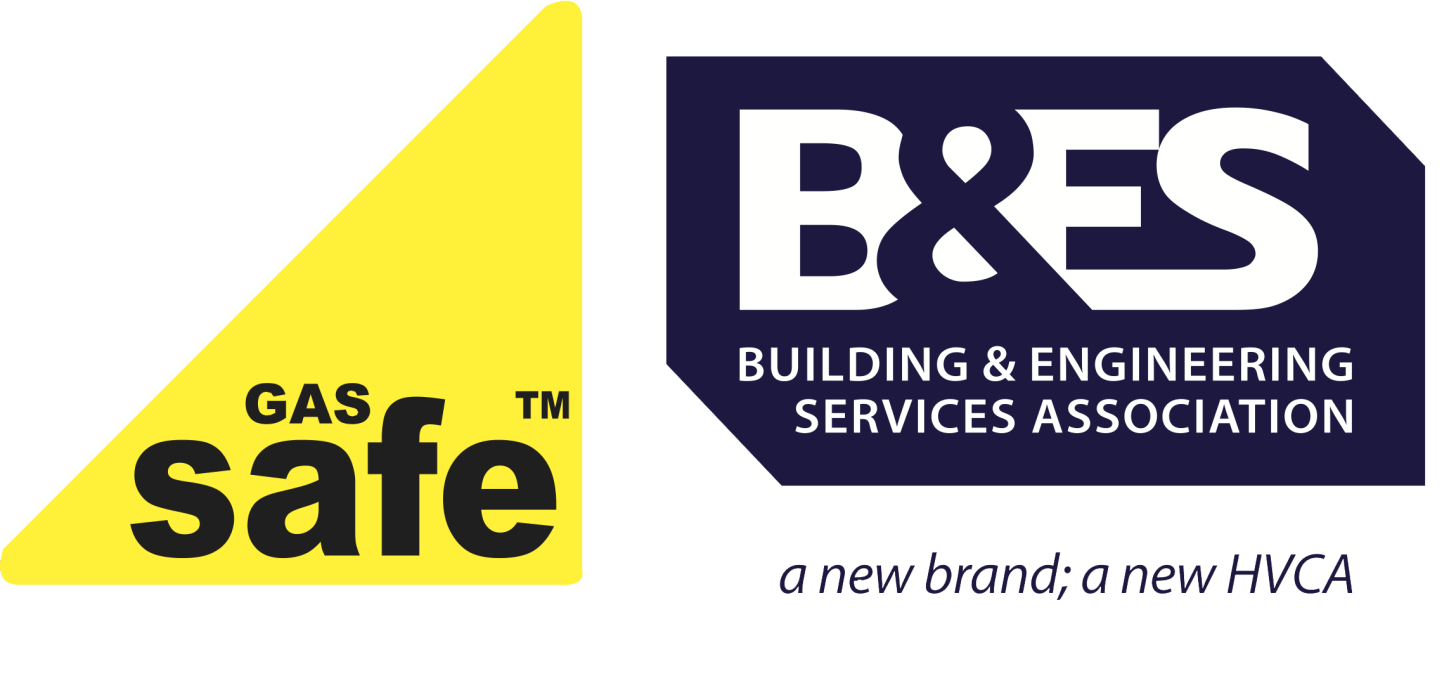Advantages of LPG Heating
Liquid Petroleum Gas (LPG), also known as propane, is a fuel that’s extracted when petroleum or natural gas streams emerge from the ground. Primarily used for heating, cooking and powering vehicles, LPG forms a liquid when it is pressurised, so it can be stored and transported easily.
Here’s a look at some of the uses of LPG and the main advantages of using this popular energy source.
Uses
- In homes where mains gas supply is not available, LPG can be delivered to the home and then transferred to a pressurised tank that can be hidden underground to save space.
- Gas BBQs are popular and are powered with smaller bottles of LPG.
- LPG-powered cars have less carbon emissions, lower fuel costs and longer lasting engines.
- LPG is also used in agricultural and industrial sectors.
Advantages
- It produces a great deal of heat quickly, so less gas is needed for efficient heating. It also has more usable energy than natural gas.
- It’s a virtually sulphur-free, cleaner gas with less carbon emissions than other fossil fuels.
- It’s portable and convenient.
- It’s ideal for remote areas where mains gas isn’t available.
In The Workplace
LPG is commonly used for heating and power generation in industrial workplaces. It is also effective and reliable at heating large areas such as warehouses and factories.
It can help businesses to reduce their carbon footprint. It also meets workplace air quality regulations and, if spilled, it won’t contaminate the environment.
LPG can be used to run a variety of heating systems such as ducted, suspended, floor-standing and cabinet heaters. As larger spaces can be heated up more quickly and efficiently, energy costs are reduced and workers can enjoy a more comfortable working environment.
Find out more information on our range of LPG compatible heating systems. Alternatively you can contact us direct on 08000 588 035 or use our contact form.
Share This Post.
Need a Quote?
Is your business is looking for heating upgrade or an installation quote? Please call us on 08000 588 035 for a free quotation or fill out our contact form and we’ll get back to you as soon as we can.
If you could also attach some relevant images of the building and advise the building volumetric, it will help with our initial design assessment. Thank you.
Winrow - Enquiry Form
Industrial Heating - Latest News
